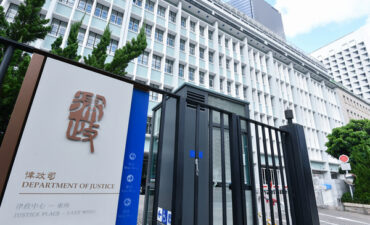PETALING JAYA: SMEs continue to face severe margin compression even as the economy continues its recovery path, said Small and Medium Enterprises Association of Malaysia (Samenta) national president Datuk William Ng.
He said that despite the 5.1% growth in Malaysia’s gross domestic product in the first half of 2024, many SMEs on the ground do not feel the optimism.
In the latest survey conducted by Samenta, two out three SMEs indicated they have less than six months of cash reserves. This is despite some 44% of the SMEs reporting revenue growth.
“This disconnect between sales growth and tightening cash reserves is indicative of severe margin compression among our SMEs, driven by rising costs of raw materials, energy and salary. The cascading effect of the removal of diesel subsidy, the increment in SST and wage inflation following the continued labour crunch, are hurting the already thin margin of most SMEs. Some of the SMEs surveyed are reporting profit margins as low as 2%, and many are losing money despite higher sales figures,” Ng said in a statement.
He added that they are concerned the government may be lulled into believing that SMEs are doing well because of the strong economic rebound and moderation of inflation.
Contrary to that belief, Ng said, many SMEs are badly impacted by the additional cost of doing business and are mulling steep increases in selling prices.
“This has also translated into the mixed sentiment shown in our survey conducted in July; with SMEs reporting poor prospects for the rest of 2024 almost equalling those who indicated good or excellent prospects,” he said.
Ng said the margin compression is exacerbated by increased compliance cost posed by the upcoming e-invoicing mandate and ESG standards adherence and reporting. He added that various government agencies and local authorities are increasing their fees on SMEs by between 15% and 250% and many SMEs are desperate for help, but do not know where or how to obtain it.
Samenta is urging the government to refrain from introducing any additional cost to SMEs and to rein in any incremental fees by various agencies and local authorities.
“We certainly must not wait until there is a mass closure of businesses and job loss to realise that the rosy headline numbers are not reflecting the reality on the ground for our SMEs,” said Ng.









